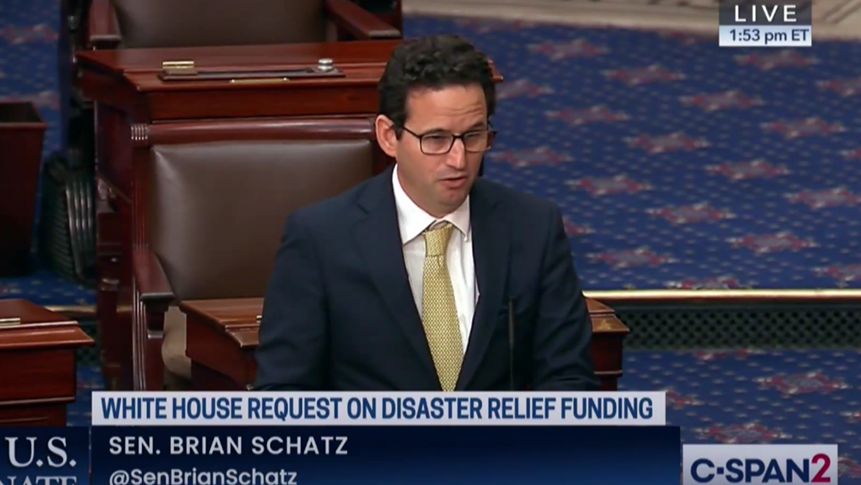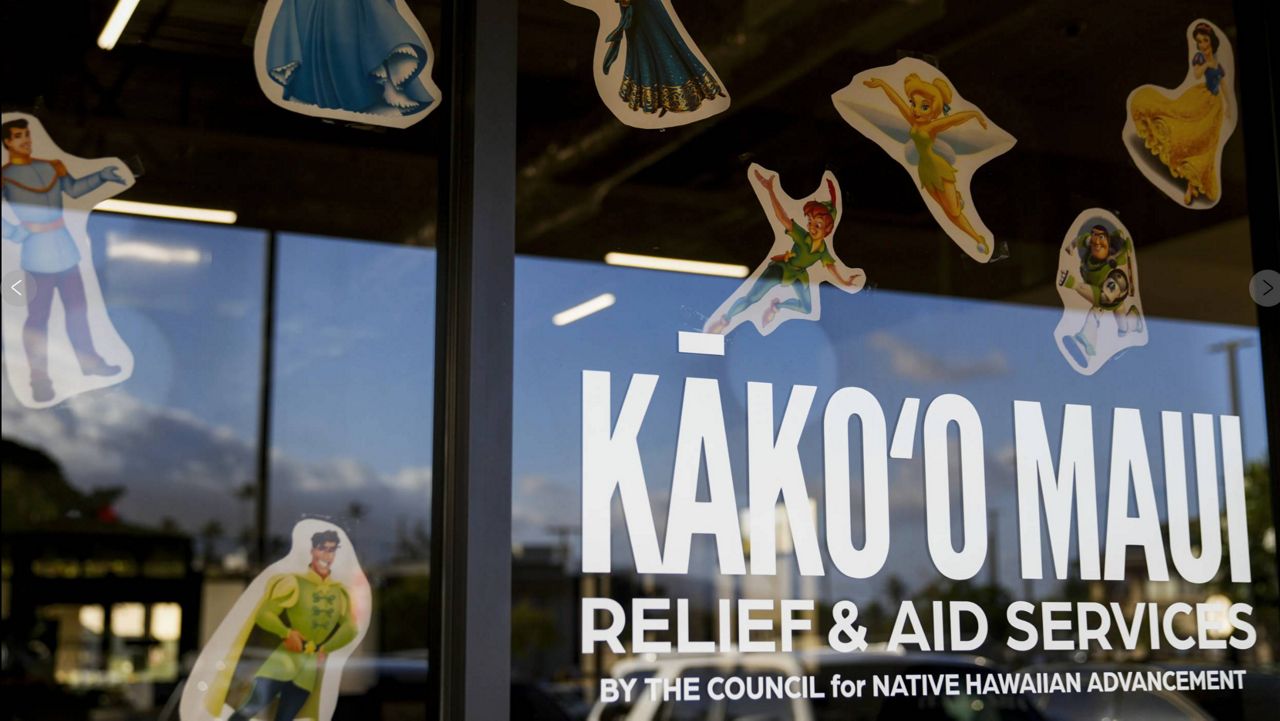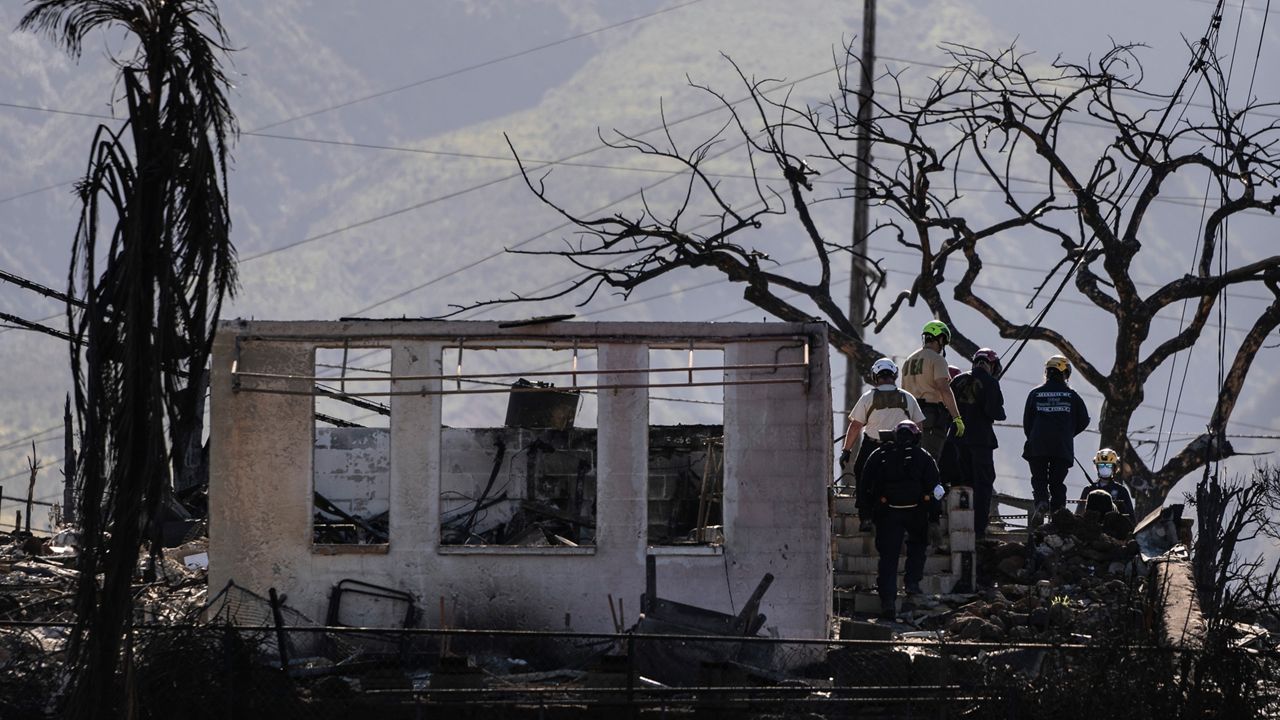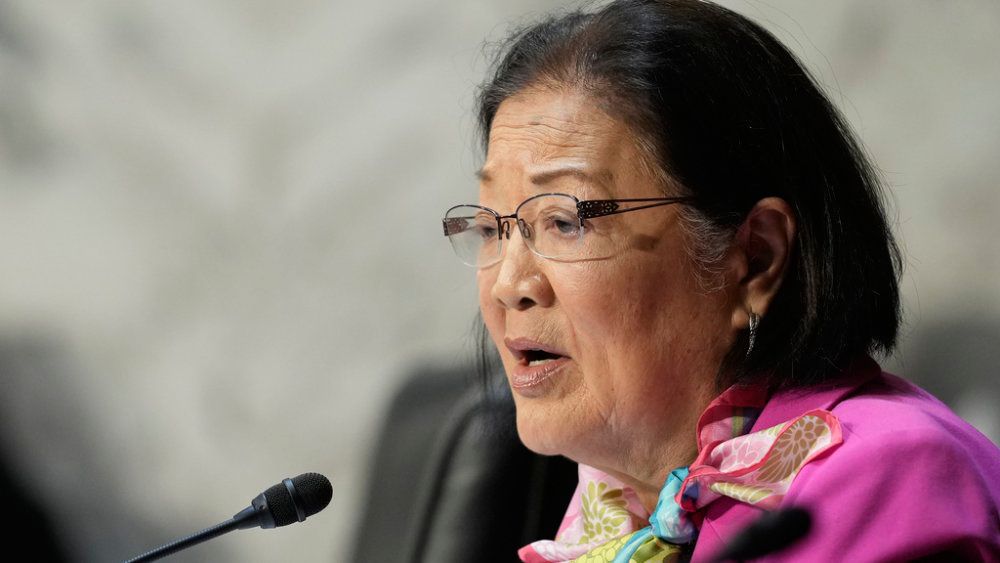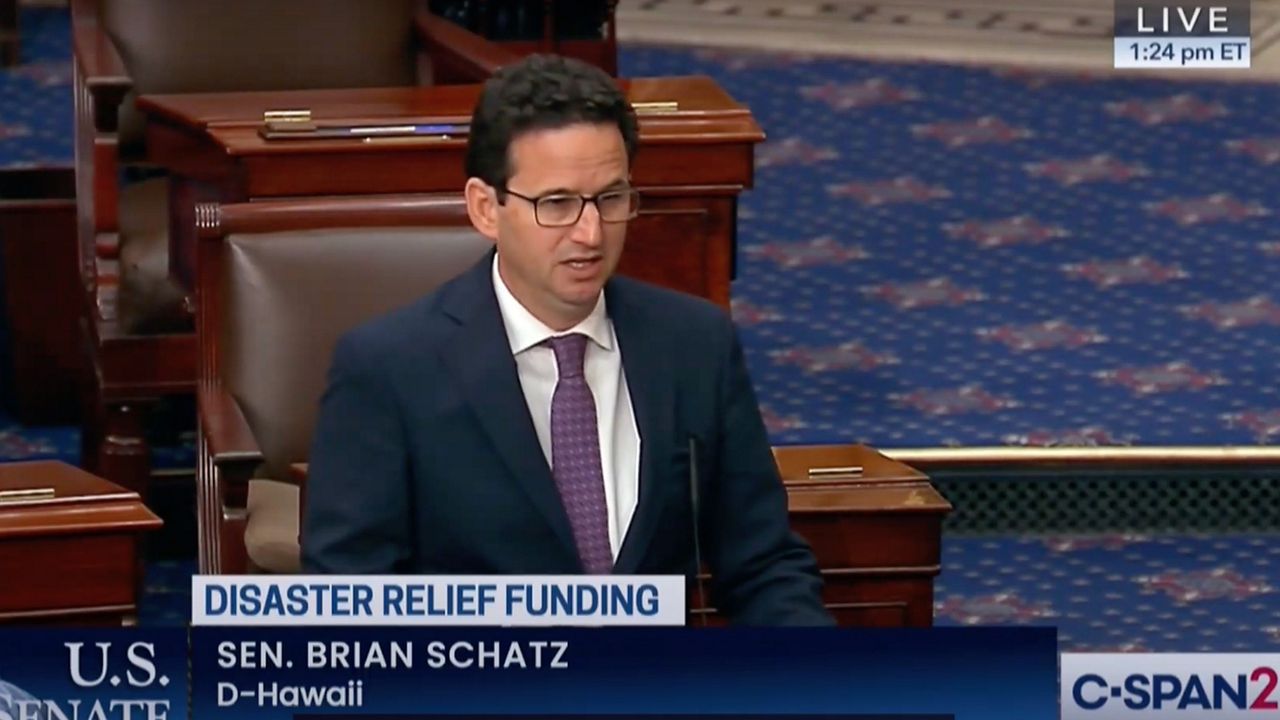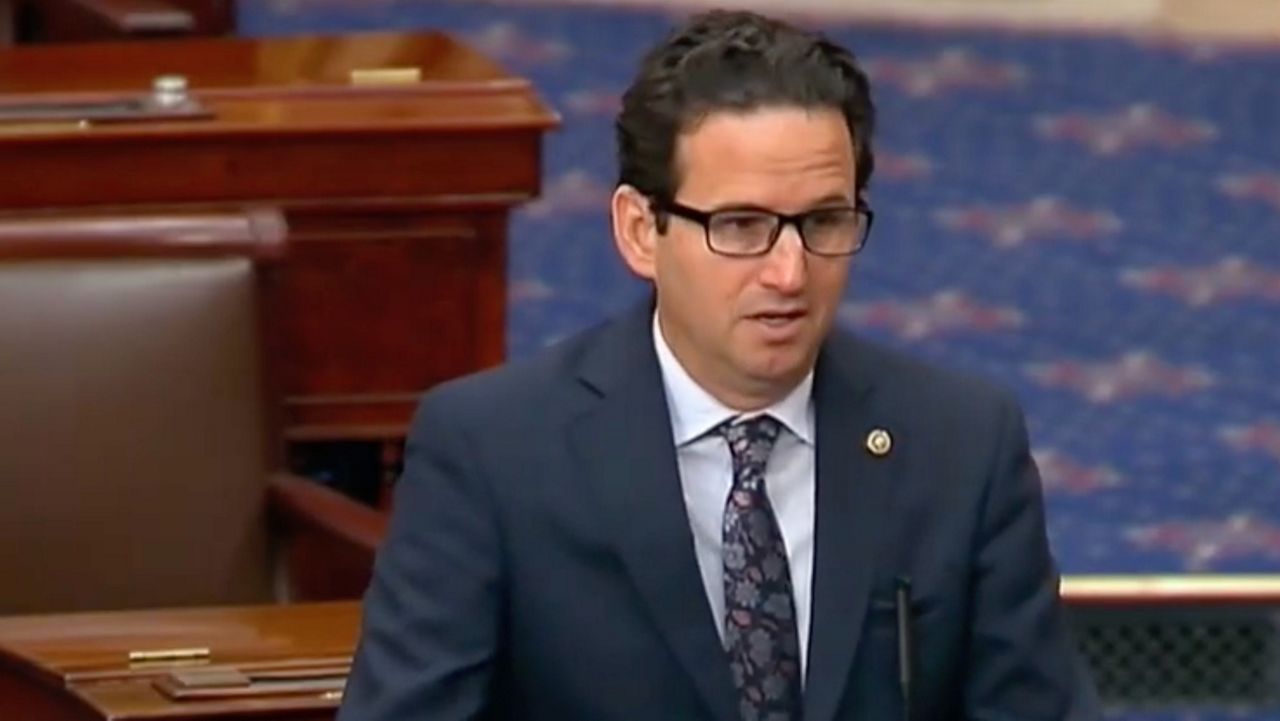On Saturday, President Joe Biden signed into law a bill that allocates about $2 billion for Maui’s disaster recovery. The funds are part of a stopgap spending bill, known as a continuing resolution, which kept the government from shutting down, and included nearly $110 billion in disaster aid for communities across the U.S.
U.S. Sen Brian Schatz, D-Hawaii, a member of the Senate Appropriations Committee, worked to include $1.6 billion in new Community Development Block Grant Disaster Recovery funding for housing on Maui and an estimated $480 million more for economic development, small business loans, water infrastructure and more.
“The $1.6 billion in CDBG-DR funding is for three things: housing, housing and housing,” said Schatz in a statement. “For the past 16 months, the people of Lahaina have done everything in their power to recover as quickly as they can. But they were never meant to do it alone. As disaster response gives way to disaster recovery, building housing is the top priority. People can’t fully recover without permanent, stable housing, and that’s why getting this funding now is so important.”
The CDBG-DR provides financial support for long-term recovery efforts in areas affected by natural disasters. For Lahaina, the CDBG-DR funding will help in restoring homes, infrastructure and essential services. The funds will also enable the construction of affordable housing.
Along with the estimated $1.6 billion in CDBG-DR funding for housing, about $480 million more will head to Maui, including:
- $350 million to build critical water infrastructure
- $33 million to repair roads
- $22 million to support economic recovery, agriculture, and conservation effort
- $19 million for child care
- $12 million to provide loans to impacted small businesses
U.S. Rep. Ed Case, D-Hawaii, applauded the passage of the funding for Maui’s disaster relief.
“Especially welcome is the continuation of disaster funding for which the Hawaii Congressional delegation has fought hard to help Maui recover from the one of deadliest fires in our nation’s history,” said Case in a statement.
Maui Mayor Richard Bissen expressed his appreciation for the federal support, highlighting the importance of this funding for Maui’s long-term recovery.
“We are profoundly grateful for this vital disaster relief, which will allow us to begin the critical work of rebuilding and fortifying our community after the worst wildfires this nation has seen in a century,” said Bissen. “This CDBG-DR funding will not only help our most vulnerable wildfire survivors, but also enable us to invest in projects that will make Maui County more resilient and better prepared for future challenges.”
Bissen also explicitly thanked Schatz for securing the funding.
“This funding is a lifeline for our community, and I am deeply grateful to Senator Schatz and all of our Congressional leaders for their unwavering support,” Bissen added.
The federal government provides strict guidelines for Maui County on how the money can be spent and how to report the spending. To effectively manage the funds, Maui County established a CDBG-DR Program Office within the Department of Management’s Office of Recovery. The County has spent months preparing for efficient use of the funds.
Earlier this month, Congress also passed the bipartisan Federal Disaster Tax Relief Act. The bill exempts Maui wildfire survivors from paying federal income tax on settlement money or attorney fees included in a settlement.




